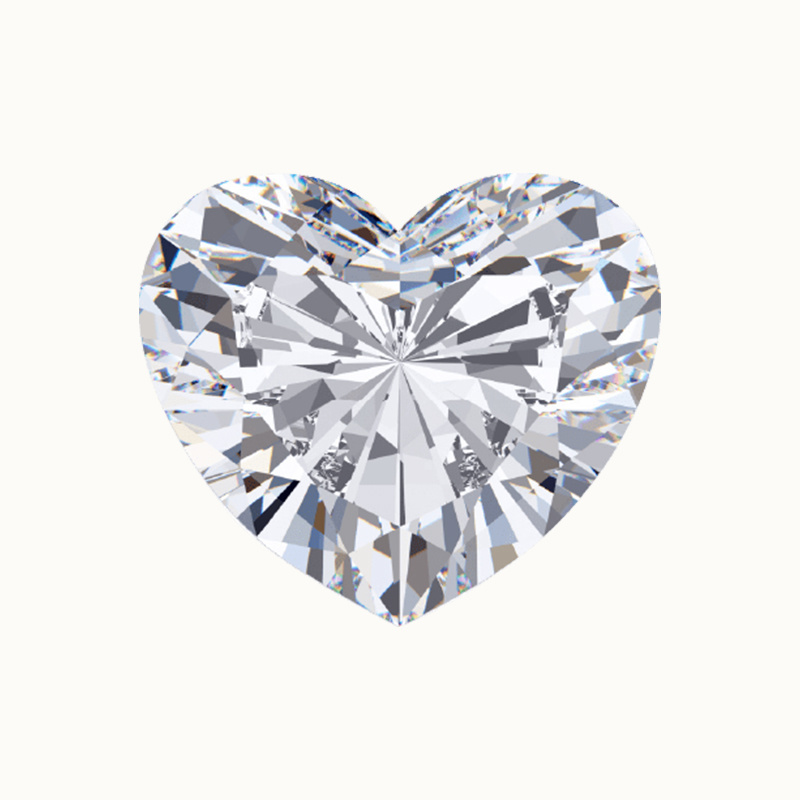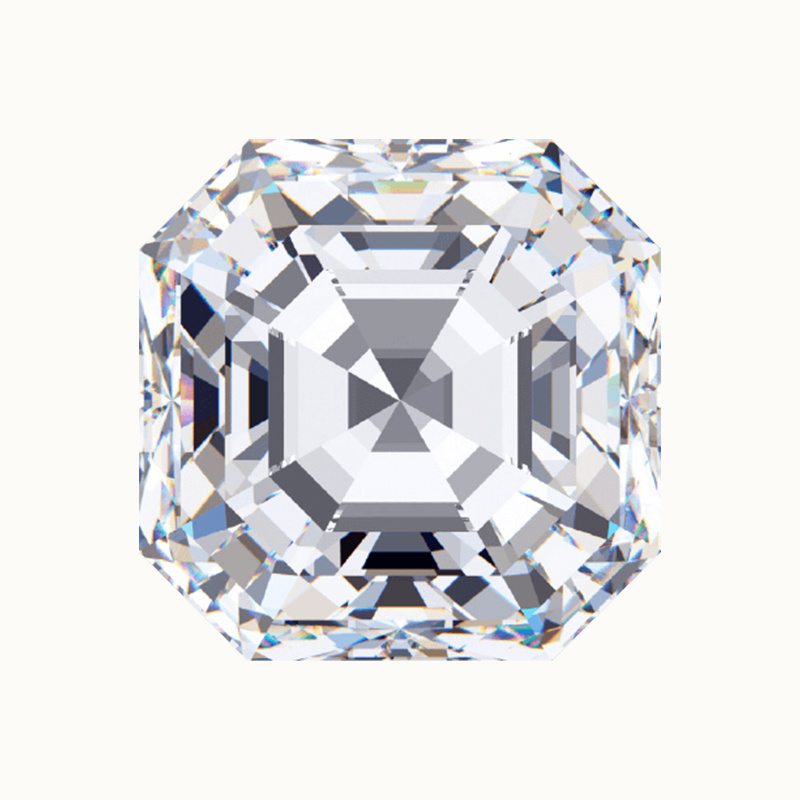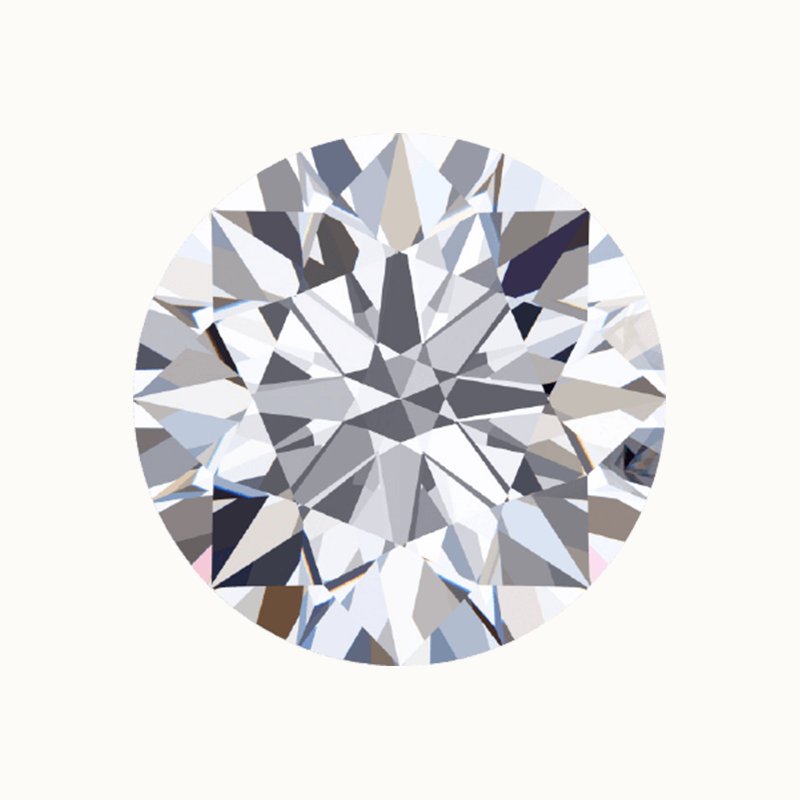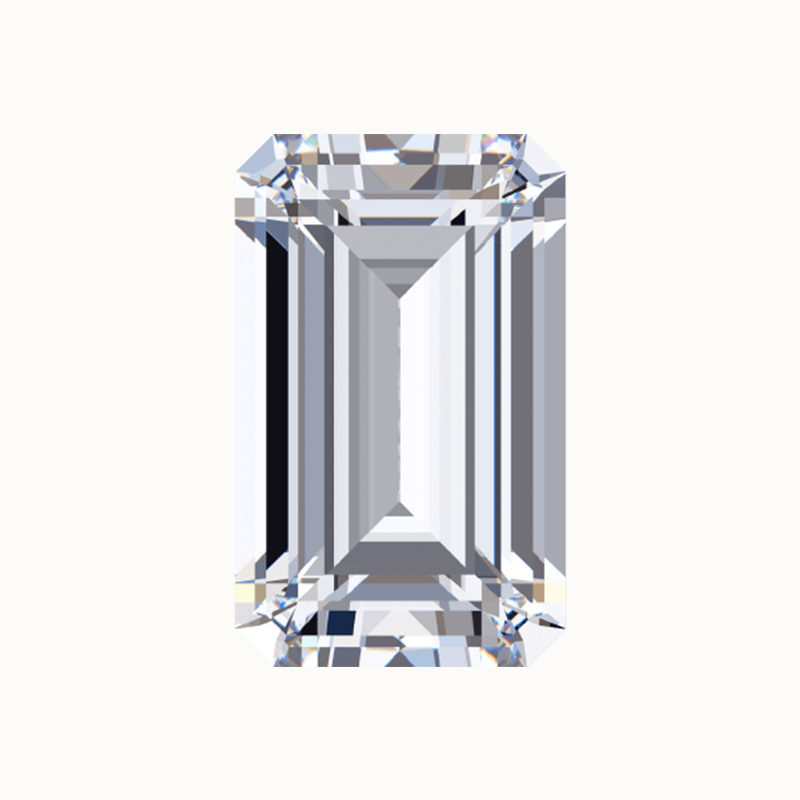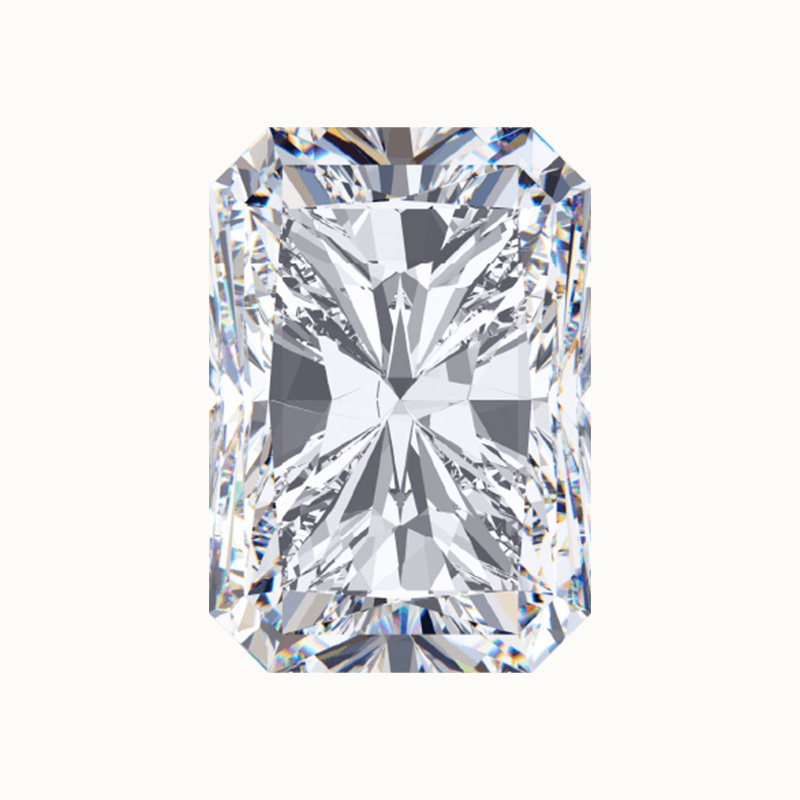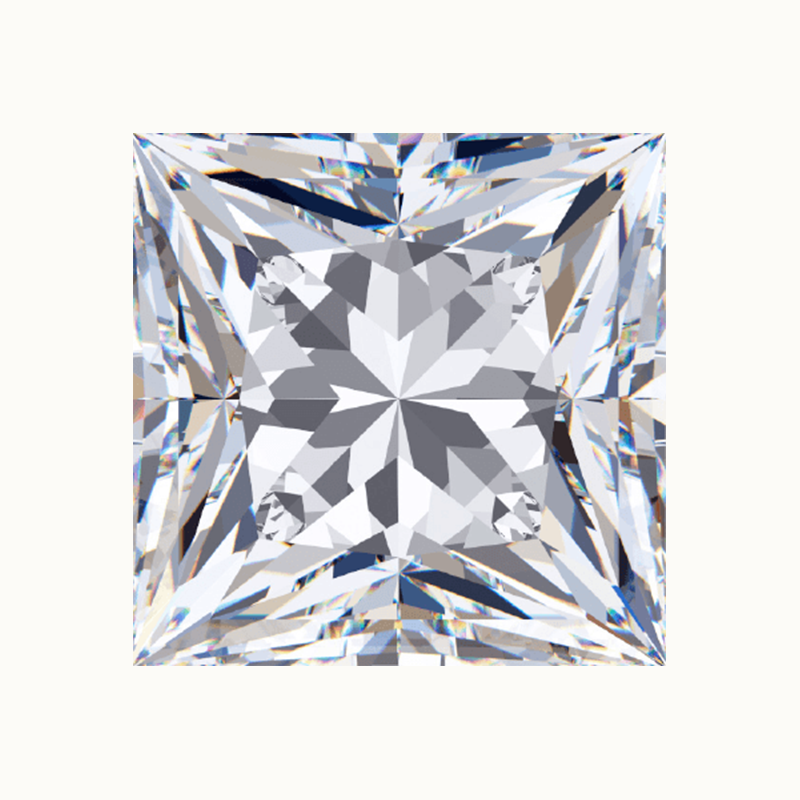
Diamond photo is for visual purposes only. Play Video for a real diamond.
7.01 Carat Heart Diamond
CARAT
7.01
SIZE (MM)
11.57x13.06x8.17
L/W RATIO
1.13
SHAPE
Heart
CLARITY
VS1
COLOR
E
CUT
Good
Introduction
DIAMOND INFORMATION
| Shape | Heart | Table | 57.0 |
| Carat | 7.01 | Culet | N |
| Color | E | Depth | 62.5 |
| Clarity | VS1 | Girdle | Thick to Very Thick |
| Polish | Excellent | L/W (mm) | 11.57x13.06x8.17 |
| Symmetry | Very Good | L/W Ratio | 1.13 |
| Fluorescence | None | Certificate | GIA |
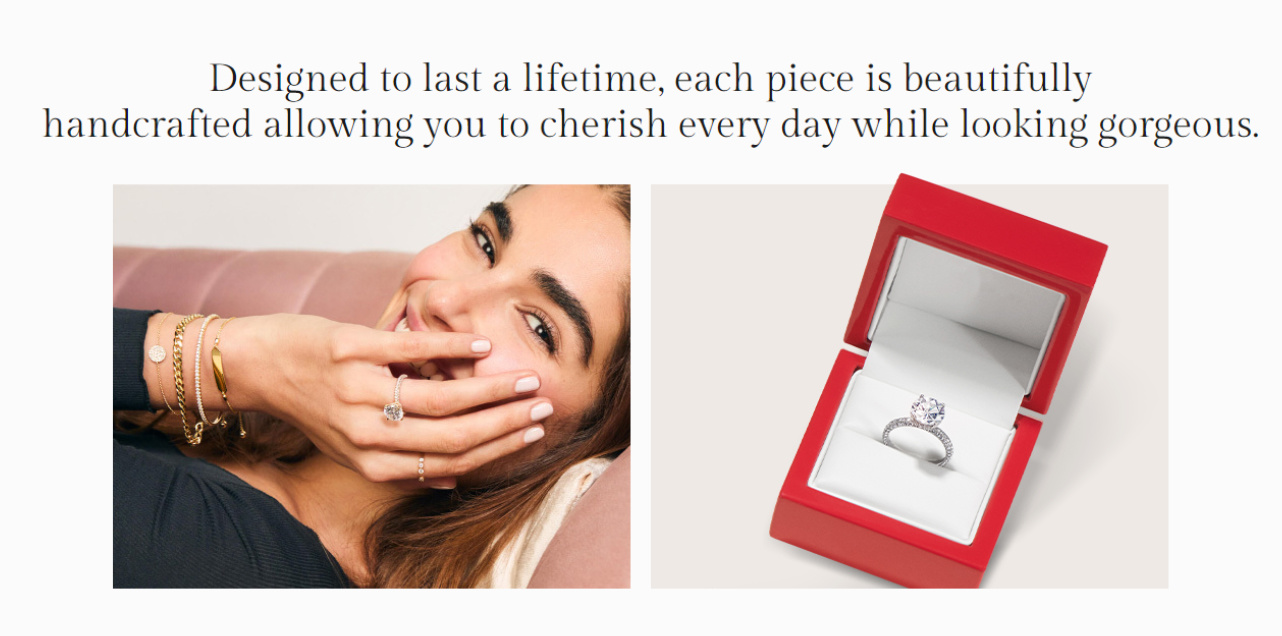
Carat 1
The size of a diamond is proportional to its carat weight. When rough diamonds are cut and polished into finished diamonds, up to 2/3 of the total carat weight may be lost. Since larger rough gems of high quality are found less frequently than smaller rough gems of high quality, a single two carat diamond will be more expensive than two one-carat diamonds of the same quality.
Color H
A diamond’s color is an important element of its quality. In a white diamond, the less body color present, the greater the value of the diamond. The GIA grades diamonds on a scale of D (colorless) to Z (noticeable color).
The predominant color you see in a diamond is yellow, which is caused by the trace element nitrogen.
Clarity SI1
Clarity refers to the presence of imperfections, flaws and blemishes inside or on the surface of a diamond.
The GIA grades diamond clarity under 10X magnification on a scale that ranges from Flawless (FL) to I2-3 (Included). Diamonds with the least amount of flaws having the highest clarity grading.
A diamond’s clarity has a significant impact on its value.
Cut Very Good
The cut of a diamond influences how effectively it reflects light. Well-cut diamonds appear fiery and brilliant and allow light to enter the stone and be reflected around the facets before exiting the stone through the top. Poorly-cut diamonds can appear lifeless and dark, despite their clarity or color grade.
Not only do well-cut diamonds appear more brilliant, they also tend to appear larger than other diamonds of the same carat weight.
Related Products
Message

